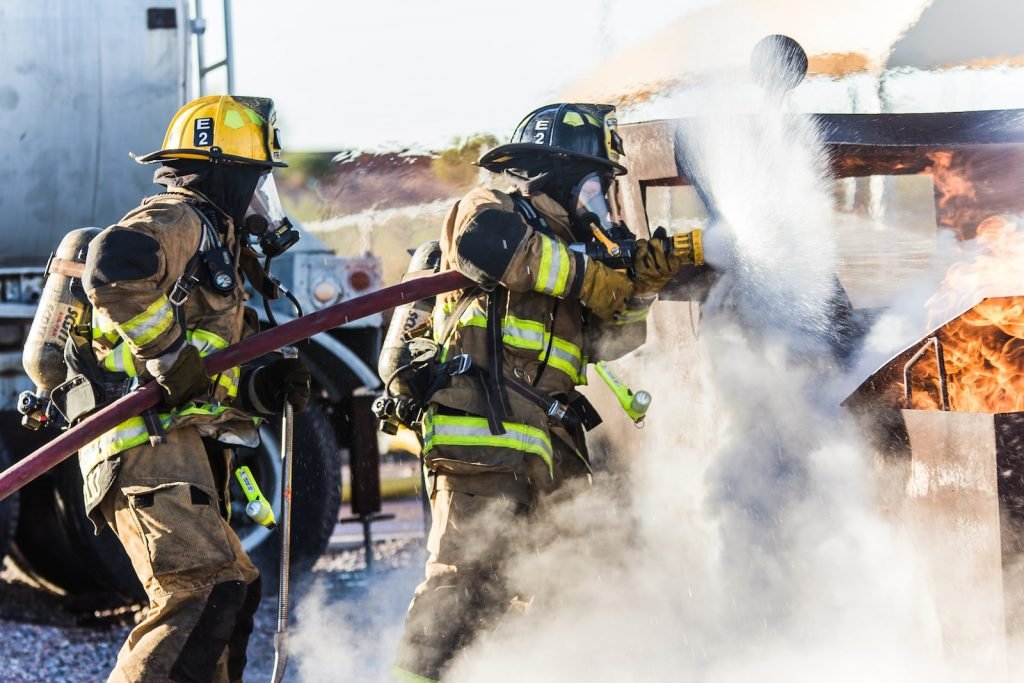First Responders
Due to the volatile nature of their jobs, First Responders are frequently exposed, either directly or indirectly, to traumatic incidents, which weigh heavily on their mental health, physiological and physical well-being. First responders are exposed to traumatic events continuously. The continuous exposure to stress and traumatizing events can lead to lasting impacts on the first responder’s life and that of their families.
First Responders are at increased risk of mental health issues. Some common issues are anxiety, depression, post-traumatic stress (PTSD), helplessness, as well as suicidal ideation and attempts [2] . It is estimated that between 125 and 300 law enforcement officers commit suicide every year [1]. We are here to help. Our clinicians are trained specifically, in working with First Responders, Military Veterans and their loved ones.
[1] Badge of Life. (2016). A study of police suicide 2008–2016. Retrieved from http://www.policesuicidestudy.com
[2] SAMHSA. May 2018. Disaster Technical Assistance Center Supplemental
Research Bulletin First Responders: Behavioral Health Concerns, Emergency
Response, and Trauma.)
Popular Questions
Can’t find the answer you’re looking for? Please contact us by phone, email, or send a message. We are excited to hear from you!
FAQs
What is Life Therapy?
Who is it for?
This type of Therapy allows you to express your concerns, difficult emotions and needs in a structured, safe, and confidential environment. It is beneficial to you whether you have substance use problems, depression, anxiety, stress, relationship problems, self-esteem issues, or simply need guidance in your life. The treatment process allows you to vent your problems, reflect on your thoughts, learn life skills, and build psychological resilience. Life Therapy is helpful for those who wish to get through a difficult phase in life, but also for those who seek to really realize their full potential, personally and professionally in the world.






